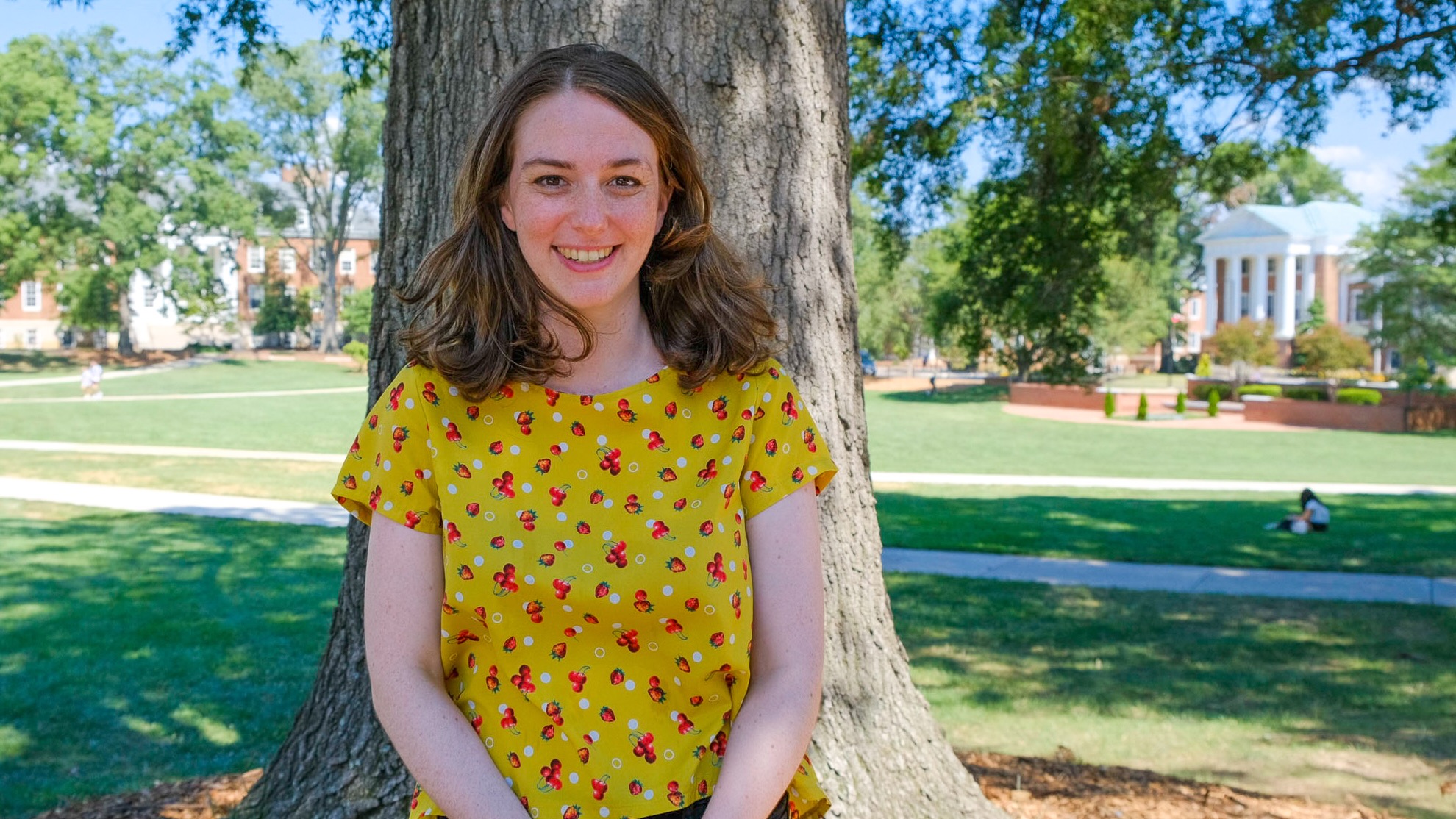LSLT - Allison Dods and Shevaun Lewis / From theory of mind deficit to double empathy problem

LSLT - Allison Dods and Shevaun Lewis / From theory of mind deficit to double empathy problem
Thursday October 26, the LSLT has our own Allison Dods with the LSC's Shevaun Lewis *13, discussing their work together, in a talk titled "From theory of mind deficit to double empathy problem: Using a neurodiversity framework to understand autistic communication." An abstract follows.
For decades, autism research searched for an underlying deficit to fix. In the last 10 years, mostly due to advocacy by autistic adults, more researchers are using a disability framework to understand the challenges autistic people face. Informed by this shift, our project (Fostering Inclusivity through Technology, or FIT) aims to improve communication between autistic and non-autistic people in the workplace, without trying to “fix” the way autistic people communicate. In this talk, we’ll look back on influential deficit-based research from the 90s and 00s, and compare it to more recent research, including FIT, informed by the “double empathy problem” hypothesis.

